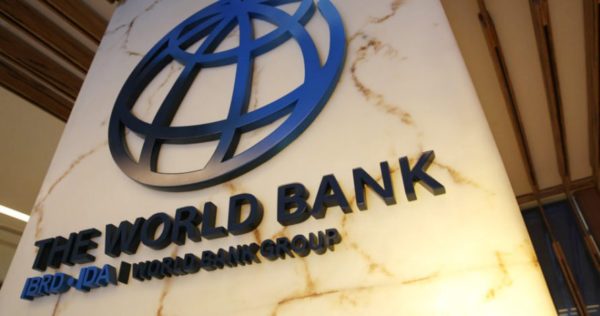
World Bank: Nigeria Couldn’t Save $342.1m with DSSI
The World Bank report says Nigeria could have saved about $342.1m between January and December 2021 through the Debt Service Suspension Initiative (DSSI).
This was disclosed on its website in a brief on Debt Service Suspension Initiative updated this month.
Under the DSSI, official creditors commit to suspending payments of all principal and interest within a stipulated period of time.
However, Nigeria, although eligible, opted out of this initiative, which could have led to saving 0.1 per cent of its Gross Domestic Product, according to the brief.
The World Bank provided an estimate of what different countries, including Nigeria, could save if creditors suspended payments on all principal and interests within a period of 12 months.
As one of the largest World Bank borrowers, Nigeria is not covered by the Joint Bank-Fund Debt Sustainability Framework for Low-Income Countries.
The World Bank report disclosed that Nigeria could have saved about $432.6m from May 2020 to December 2021 through the debt service suspension initiative.
In a data obtained from the Debt Management Office, Nigeria spent N2.49tn on debt servicing payments in the first nine months of 2021,
The country spent $1bn (N410.83bn) on external debt servicing between January and March 2021, giving a total of N1.02tn on domestic debt servicing.
A total of N445.53bn was spent on debt servicing from April to June 2021, including N322.7bn on domestic debt servicing and $299m (N122.83bn) on external debt servicing.
From July to September 2021, Nigeria spent N808.49bn on domestic debt servicing and $520.78m (N213.95bn) on external debt servicing, giving a total of N1.02tn.
In a separate report published in April by the World Bank last year – the Debt Report 2021 Edition II – the bank explained why some countries were not yet defined as DSSI beneficiaries.
The report states that although some countries were eligible for the DSSI, they had chosen not to participate for a number of reasons.
Some of the reasons included conveying wrong signals to bondholders and other private creditors, among others. “Some DSSI-eligible countries have thus far elected not to participate. Currently, 27 DSSI-eligible countries, 37 per cent of eligible countries, are not participating in the initiative for a variety of reasons.
Some fear participation may convey the wrong signal to bondholders and other private creditors while others note the amount of eligible bilateral debt service was negligible, and savings do not justify the administrative expenses incurred by the deferral”. Says World Bank
